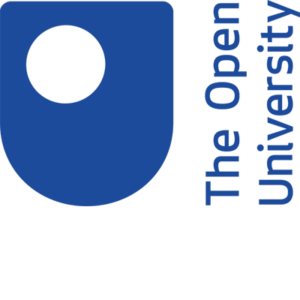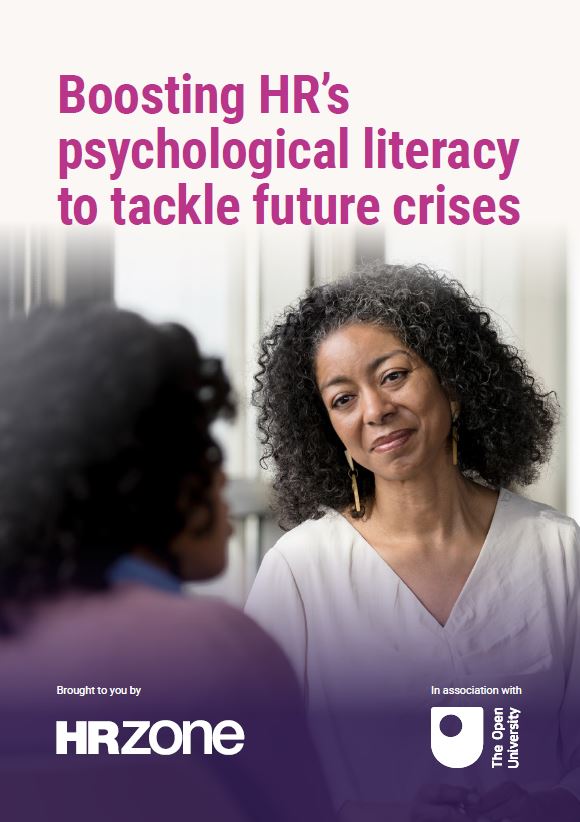With research suggesting an organisation’s level of psychological know-how can improve its response to disruption, this report will explore how business and HR leaders can draw upon psychological resources as part of their crisis management strategy.
In a period where all of humanity is experiencing a variety of unprecedented challenges, we can be certain that further crises will significantly impact organisations in the near future – the climate emergency being one such example.
It’s no longer possible for businesses to act as if they are separate from the natural world and social change. Employers must tackle these issues head on, and can do so by boosting their knowledge of psychology to create better businesses for their employees, clients and communities.
In this report, Dr Volker Patent, a lecturer at The Open University’s School of Psychology, examines the aspects of psychology that come to the fore during disruption and explores how to build psychologically resilient organisations and workplaces.


